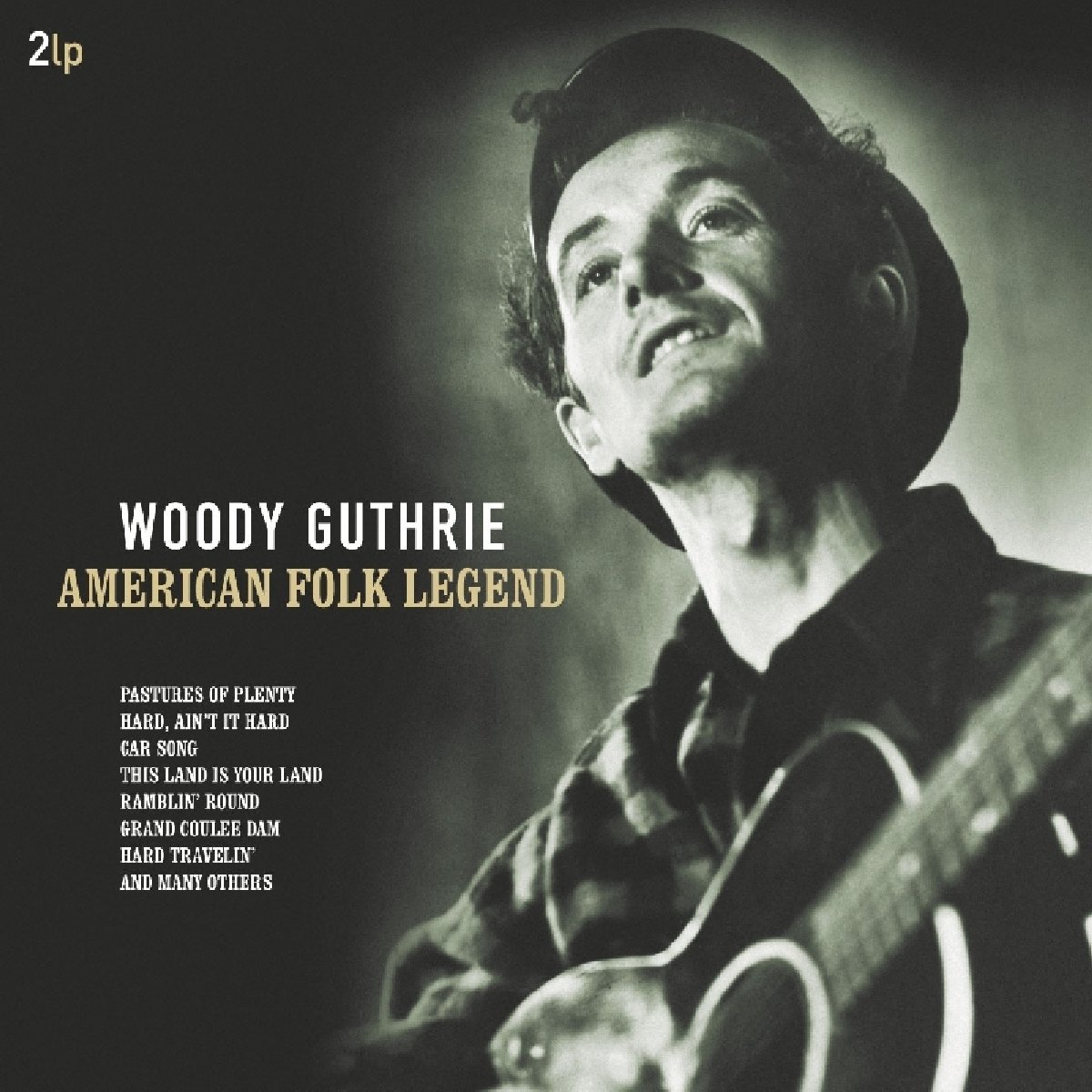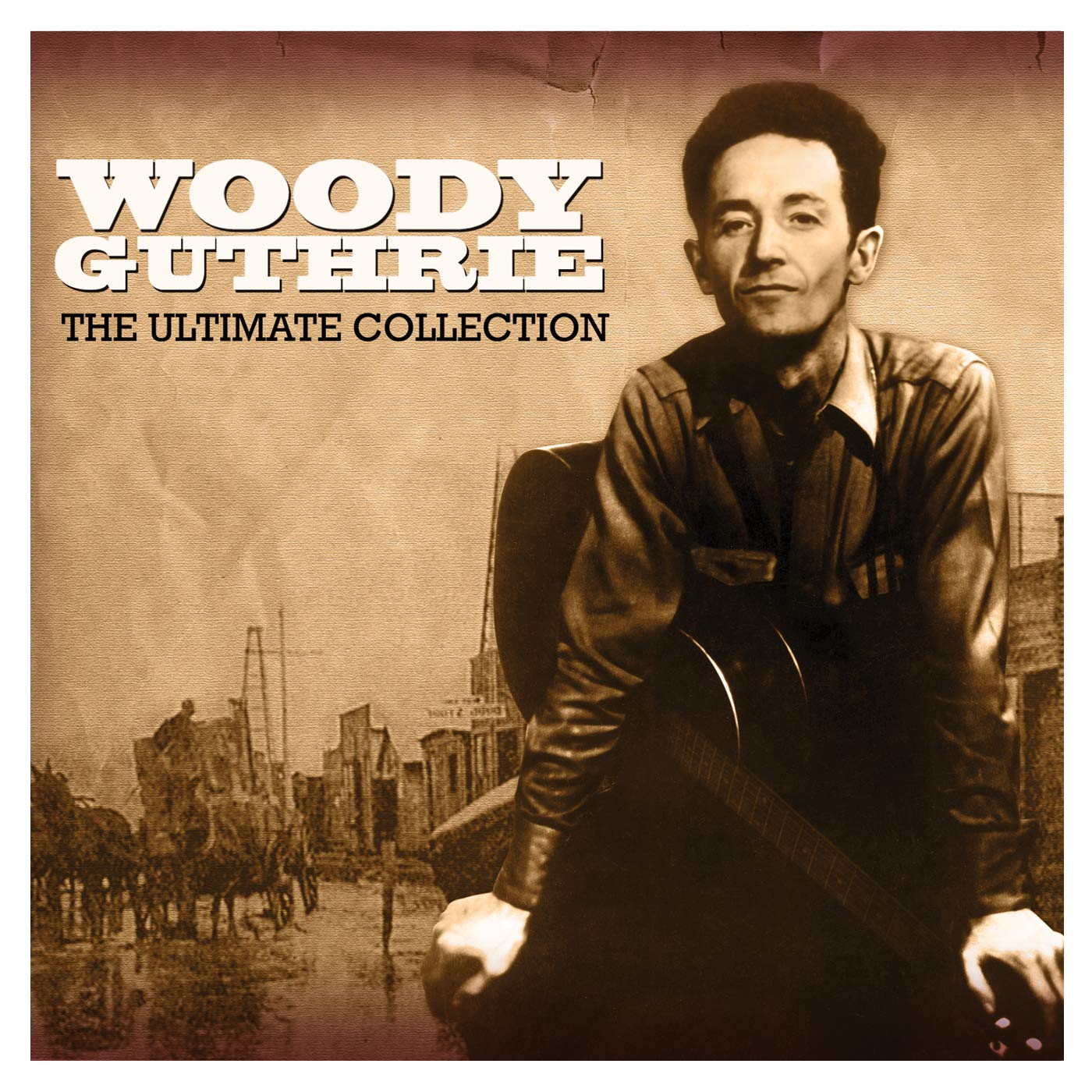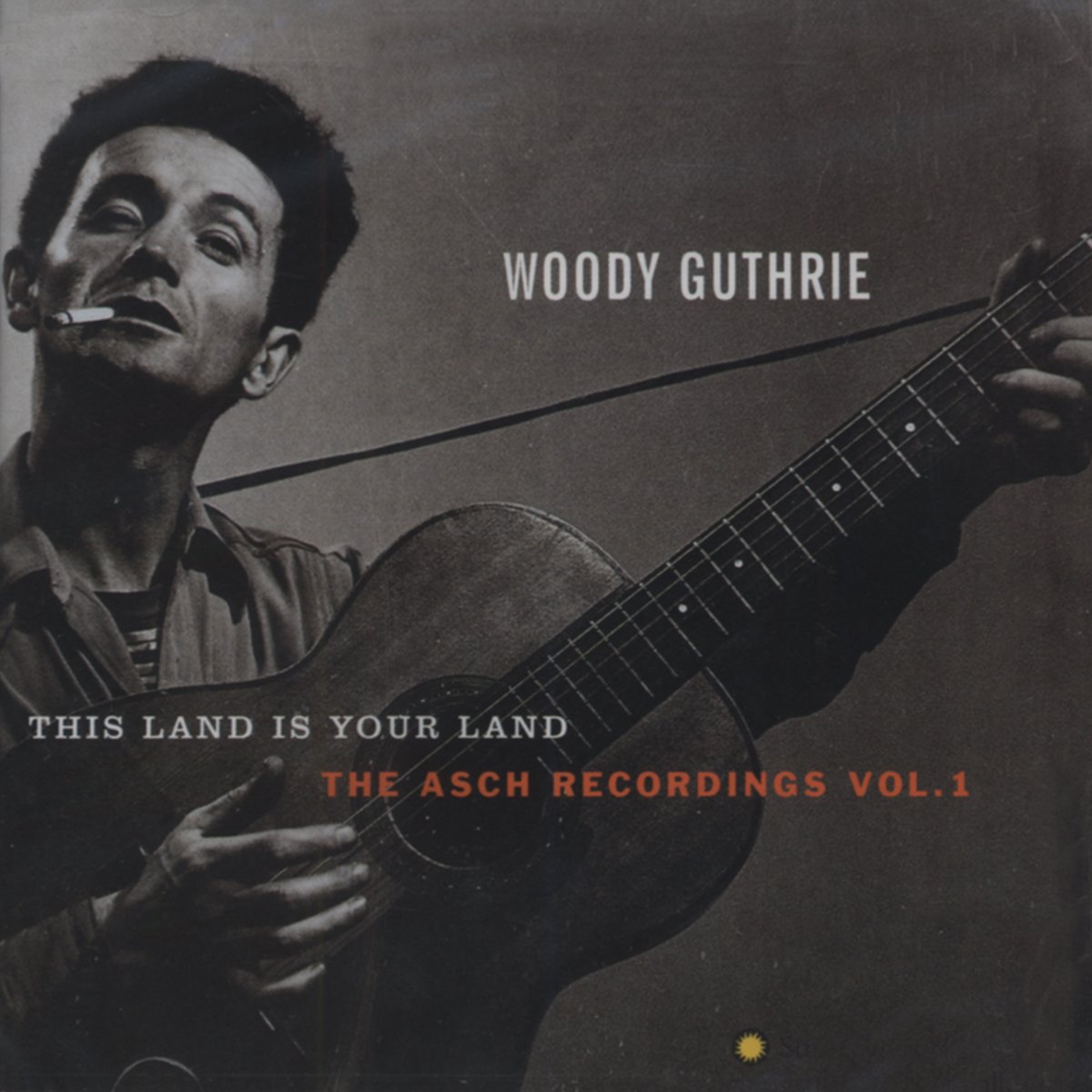In the haunting shadows of history, where the whispers of time echo the melodies of the past, we gather to celebrate the birth of a bard whose voice resonated through the corridors of despair and hope alike—Woody Guthrie. Born on this day, July 14th, 1912, Guthrie emerged as a troubadour of the downtrodden, a harbinger of truth wrapped in the simple strums of his guitar.
Woody's career was a journey through the heart of America, a sojourn that began in the Dust Bowl and stretched across the landscape of the Great Depression. His early years in Okemah, Oklahoma, were marred by hardship and loss, yet it was these very trials that forged the steel in his voice. With a guitar inscribed with the bold declaration, "This Machine Kills Fascists," Guthrie embarked on a mission to give voice to the voiceless.
His musical legacy is etched in the soul of folk music. Songs like "This Land Is Your Land" stand as anthems of inclusivity and defiance, their verses a testament to the enduring spirit of the common man. Each note of "Pastures of Plenty" paints a vivid picture of the migrant worker's plight, while "So Long, It's Been Good to Know Yuh" captures the transient nature of life on the road. "Do Re Mi" warns of the false promises of California, and "I Ain't Got No Home" laments the displacement of countless Americans.

"The Ballad of Tom Joad," inspired by Steinbeck's "The Grapes of Wrath," weaves a narrative of resilience and justice, echoing the struggles of the everyman. "Pretty Boy Floyd" mythologizes the outlaw as a Robin Hood figure, a defender of the oppressed. "Deportee (Plane Wreck at Los Gatos)" mourns the forgotten migrant workers, their lives reduced to mere numbers. "Hard Travelin'" encapsulates the weariness and determination of the itinerant laborer, and "Union Maid" rallies the spirit of solidarity and strength among working women.
Each of these songs transcends time, their themes as relevant today as they were in the turbulent 20th century. Guthrie's ability to distill the essence of human struggle and resilience into his music has ensured that his legacy endures, a torch passed down through generations.
Woody's influence on music is vast and profound. He was a guiding star for Bob Dylan, who once said, "You could listen to his songs and actually learn how to live." Dylan, along with countless other luminaries like Pete Seeger, Joan Baez, and Bruce Springsteen, found in Guthrie a wellspring of inspiration. His unvarnished truth-telling and unyielding spirit became the bedrock of the folk revival movement, shaping the contours of American music.

In the dim light of memory, Guthrie's figure looms large, a spectral presence that continues to haunt and inspire. His music, a reflection of the human condition, serves as a reminder of our shared struggles and triumphs. As we commemorate Woody Guthrie's birthday, we celebrate not just a man, but a movement—a restless, relentless pursuit of justice, wrapped in the haunting melodies of his time.
From us at Grateful Web, we honor Woody Guthrie, the bard of the common folk, whose songs are the spectral echoes of our collective journey, resonating through the ages, forever etched in the soul of our nation.






















